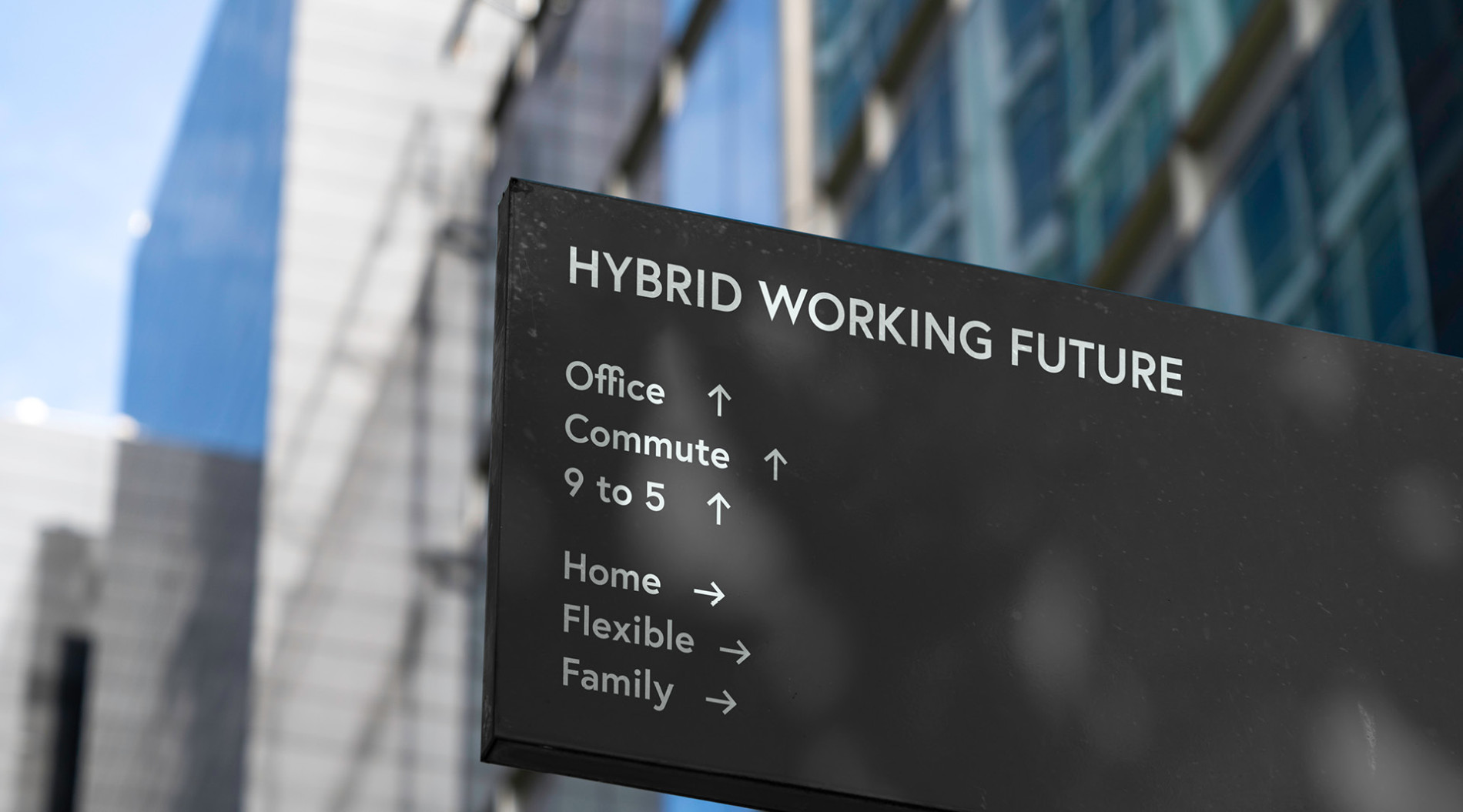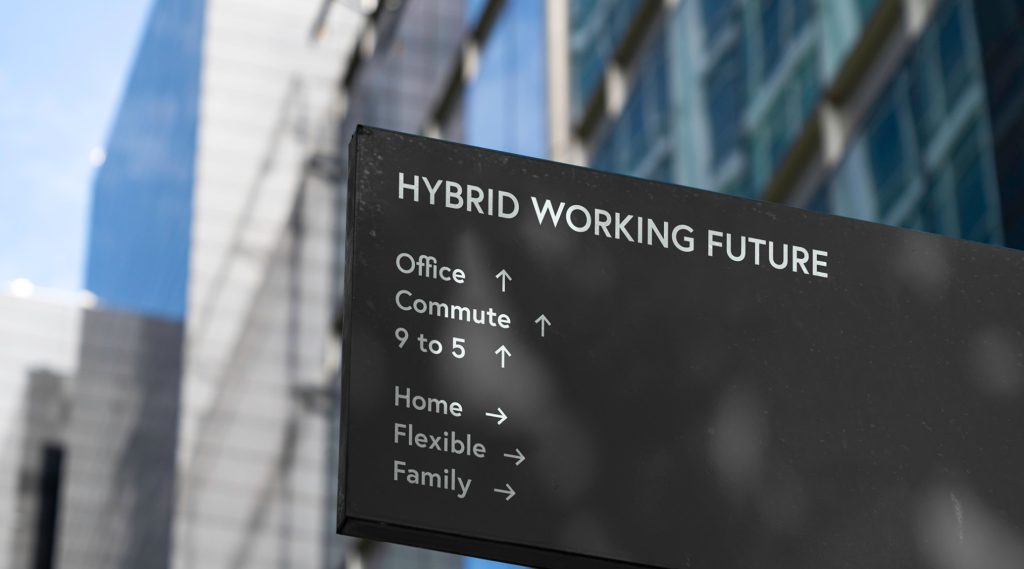Quiet Confidence: Navigating Workplace Dynamics as an Introvert
In today’s often extrovert-centric work environments, the power of quiet confidence is frequently overlooked. Yet, this understated trait can be just as impactful as the overt confidence associated with extroverts. For introverts, navigating the complexities of workplace dynamics and understanding and harnessing quiet confidence can be a game-changer.
Understanding Quiet Confidence
Quiet confidence is about having self-assurance without the need for external validation or being the centre of attention. It’s the inner knowledge of one’s value and abilities, manifesting in thoughtful decision-making, strong listening skills, and the capacity to remain calm under pressure. This form of confidence doesn’t demand the spotlight but instead radiates a steady, reliable presence that can significantly influence workplace interactions and outcomes.
The Challenges Introverts Face
Despite their numerous strengths, introverts often encounter unique challenges in the workplace. Many find social interactions, open office environments, and frequent meetings draining, requiring significant energy to navigate. This can lead to misconceptions about their engagement and ambition, with colleagues or managers potentially misinterpreting their quieter demeanour as shyness or lack of interest.
These misunderstandings can have real consequences for career growth. In workplaces that reward vocal contributions and extensive networking, introverts may struggle with visibility. Their preference for deeper, one-on-one interactions over large group settings can be mistaken for aloofness or disinterest in team dynamics.
The Power of Quiet Confidence in the Workplace
However, when introverts harness their quiet confidence, they bring unique and valuable qualities to their teams:
- Keen observation: Introverts often notice details that others might miss, leading to insightful contributions that can drive projects forward or identify potential issues before they become problems.
- Deep thinking: The introvert’s ability to think deeply and bring well-thought-out ideas to the table can be invaluable, particularly when it comes to long-term strategies and innovation.
- Building trust: The thoughtful nature often found with an introvert helps them build strong, trusting relationships with colleagues and managers over time.
- Empathetic teamwork: Strong listening skills and empathy make introverts excellent teammates. They’re often able to understand and support their colleagues effectively, fostering a positive work environment.
Navigating Workplace Dynamics: Tips for Introverts
For introverts looking to leverage their quiet confidence and navigate workplace dynamics more effectively, consider the following strategies:
1. Prepare Ahead
Take time before meetings or important discussions to organise your thoughts and prepare questions. This preparation can significantly boost your confidence in contributing in a larger group environment and help you articulate your points more clearly when these moment arise.
2. Utilise Written Communication
Don’t underestimate the power of well-crafted emails, reports, or messages on workplace platforms. Written communication allows you to express your ideas thoroughly and clearly, without the immediate pressure of speaking in front of a group.
3. Leverage Small Groups
Seek out opportunities for smaller, more intimate meetings or one-on-one discussions. These settings are often less overwhelming and more conducive to the introvert’s communication style, allowing for deeper, more meaningful exchanges.
4. Maintain Work-Life Balance
Recognise when you need time alone to recharge. Taking regular breaks throughout the day can help you maintain your energy levels and avoid burnout. Don’t hesitate to step away for a short walk or find a quiet space when you need to refocus.
5. Showcase Your Strengths
Volunteer for projects that play to your strengths, such as research, strategy development, or creative problem-solving. This allows you to demonstrate your value without constantly needing to be in the spotlight.
6. Seek Allies and Mentors
Build relationships with colleagues who understand and appreciate your working style. Having supportive coworkers or mentors can provide a safe space to voice concerns, seek advice, and navigate workplace challenges.
Embracing Quiet Confidence
It’s crucial for introverts to recognise that their quiet demeanour does not equate to a lack of impact or value. Your thoughtful approach, deep insights, and ability to build strong, meaningful relationships are invaluable assets to any team or organisation.
For extroverts and team leaders, understanding and appreciating different styles of confidence is key to fostering a more inclusive and dynamic workplace. Recognising the strengths that introverts bring to the table can lead to more balanced teams and better outcomes overall.
Quiet confidence is not about changing who you are; it’s about embracing your natural strengths and finding ways to effectively communicate your value. By doing so, introverts can navigate workplace dynamics with greater ease and impact, contributing their unique perspectives and skills to drive success.
In today’s diverse work environments, there’s room for all types of confidence. Whether you’re an introvert looking to harness your quiet strength, or a leader aiming to build a more inclusive team, recognising and valuing quiet confidence can lead to more harmonious, productive, and innovative workplaces.
Ready to explore how you can leverage your unique strengths in your career? Let’s have a conversation. Connect with Adecco today to discuss how we can help you find a workplace that values your quiet confidence.











